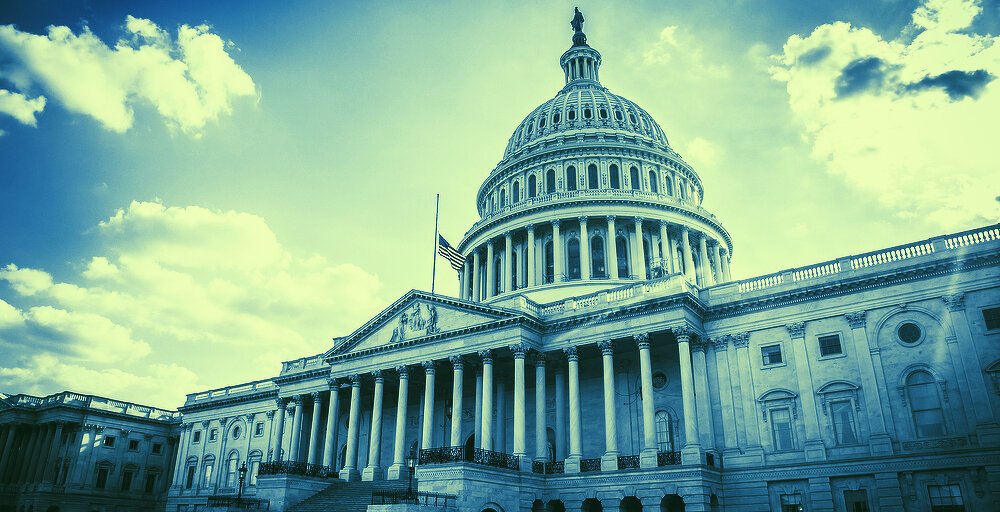FTX Releases Crypto Regulatory Wishlist as SBF Prepares to Testify Before Congress

In brief
The FTX CEO will testify along with representatives from Coinbase, Circle and other crypto companies in D.C next week.
In preparation, FTX has prepared regulatory proposals for the crypto industry.
FTX, one of the top cryptocurrency exchanges for derivatives and spot trading, today released a wishlist of what it’s hoping to see in U.S. crypto regulations.
FTX’s Key Principles for Market Regulation of Crypto-Trading Platforms follows regulatory recommendations by competitors Coinbase and Binance, as FTX CEO Sam Bankman-Fried prepares to testify before Congress next week about crypto innovation.
The policy document outlines 10 principles it believes will “lead to superior outcomes for investors and, indeed, the public.”
At the top of the list is a call for a “primary market regulator”—something that would remove red tape for FTX, which offers spot and derivatives trading. Currently, the Securities Exchange Commission has primary jurisdiction over securities, which include many tradeable digital assets; the Commodity Futures Trading Commission looks after derivatives, such as Bitcoin futures. FTX recommends moving away from a fragmented approach and allowing crypto-trading platforms to choose a single regulator.
FTX’s list also includes disclosures for platforms that act as crypto custodians, i.e., centralized exchanges that can control how assets are used, limit trading, or lock access to accounts; reporting requirements for transactions; and minimum standards for stablecoins to ensure they are not “backed by risky and volatile assets.”
Other exchanges are also taking a proactive approach in D.C. In October, Coinbase issued a clarion call for a single regulatory regime in its Digital Asset Policy Proposal. To avoid dealing with multiple regulators, “responsibility over digital assets markets should be assigned to a single federal regulator,” it wrote. “Its authority would include a new registration process established for marketplaces for digital assets (MDAs) and appropriate disclosures to inform purchasers of digital assets.”
Coinbase later clarified that the “proposal never called for a new regulator—it was regulator agnostic.”
Leading global exchange Binance, meanwhile, took a different approach last month, releasing a “Bill of Rights” for crypto users. While not as comprehensive as Coinbase’s or FTX’s documents, it did admit that platforms “have an obligation to protect users from bad actors” and that derivative platforms “should be subject to the appropriate regulations.”
FTX’s Bankman-Fried is set to join Coinbase CFO Alesia Haas to testify on December 8 before the House Financial Services Committee chaired by Rep. Maxine Waters (D-CA). The session, “Digital Assets and the Future of Finance: Understanding the Challenges and Benefits of Financial Innovation in the United States,” is part of an extended effort by Chairwoman Waters to create policy that protects consumers wading into crypto marketplaces.
In June, she announced the Digital Assets Working Group, composed of committee Democrats, to “consider how to devise legislation to support responsible innovation that protects consumers and investors while promoting greater financial inclusion.”
FTX is ready to tell Congress it doesn’t need to reinvent the wheel. Writing of its “primary regulator” proposal, FTX says, “Much of this can be achieved today under existing statutory authority and with creativity and cooperation by and among market regulators.”
It admits, though: “With some specific issues, however, clarity might be needed from legislation.”















